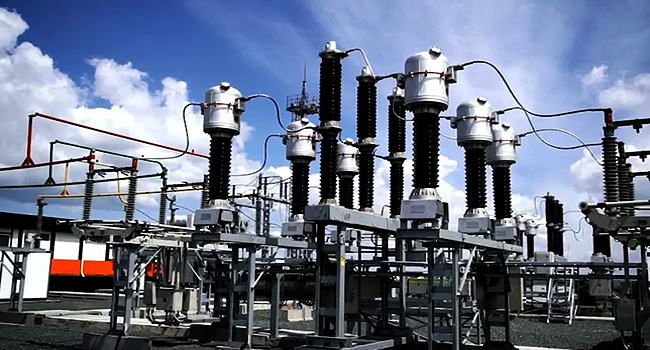The Transmission Company of Nigeria (TCN) on Tuesday said the ongoing restoration of the national grid which collapsed on Monday is ongoing and almost completed.
In a statement on Tuesday, the Public Affairs General Manager of TCN, Ndidi Mbah, said that the national grid experienced a partial disturbance, on Monday, 14th October 2024 at about 6:48 pm.
“The statement said although the recovery of the grid commenced immediately, with Azura power station providing the blackstart, grid recovery reached advanced stages at about 10.24 am, today (Tuesday) when it encountered a challenge that caused a slight setback in the recovery process,” the statement read.
“The slight setback notwithstanding, Mbah said TCN continued with the grid recovery process, which has reached an advanced stage, ensuring bulk power availability to about 90% of its substations nationwide.”
The company noted that supply has been restored to the Abuja axis and other major distribution load centres nationwide.
According to Mbah, partial disturbance did not affect the Ibom Gas generating station which was islanded from the grid yesterday and the continued to supply areas in the South Southern part of the country such as Eket, Ekim, Uyo, and Itu 132kV transmission Substations during the period.
Mbah said the investigation into the cause of the incident will be carried out as soon as the grid is fully restored.
This is one of the several grid collapses this year. It collapsed on February 4, March 28, April 15, July 6, and on August 5.
The Transmission Company of Nigeria (TCN) is, however, yet to comment on the latest national grid collapse.
But in April, the Executive director of the Independent System Operator (ISO) department of the TCN Nafisat Ali gave various reasons for the incessant grid collapse in Nigeria.
“The causes of grid collapse in Nigeria spread across all participants, from generation companies to transmission and distribution,” she told the Senate Committee on Power. “From generation companies, there is the inadequacy of gas supply, improper coordination of plants and gas pipelines, poor generation availability.”



